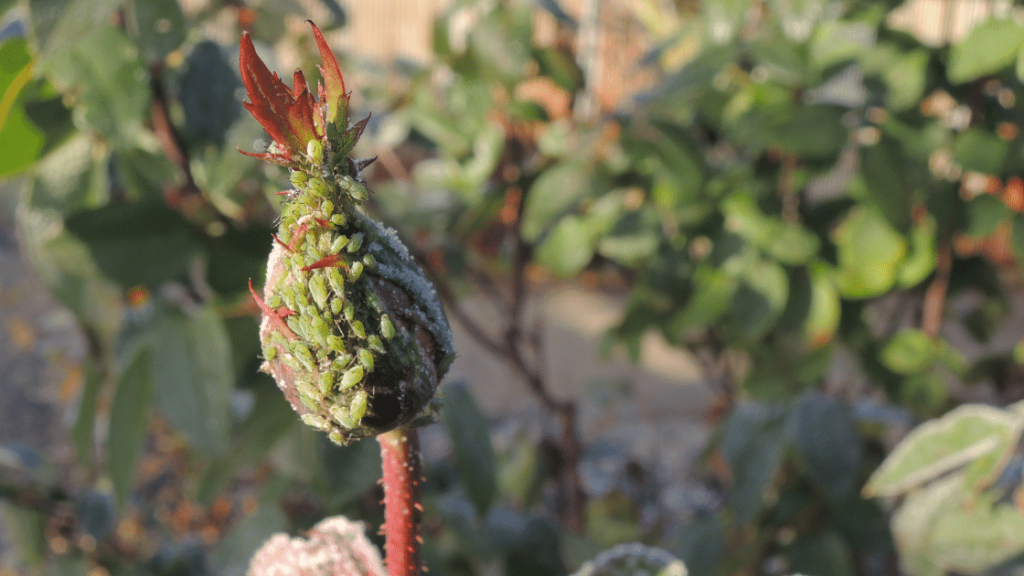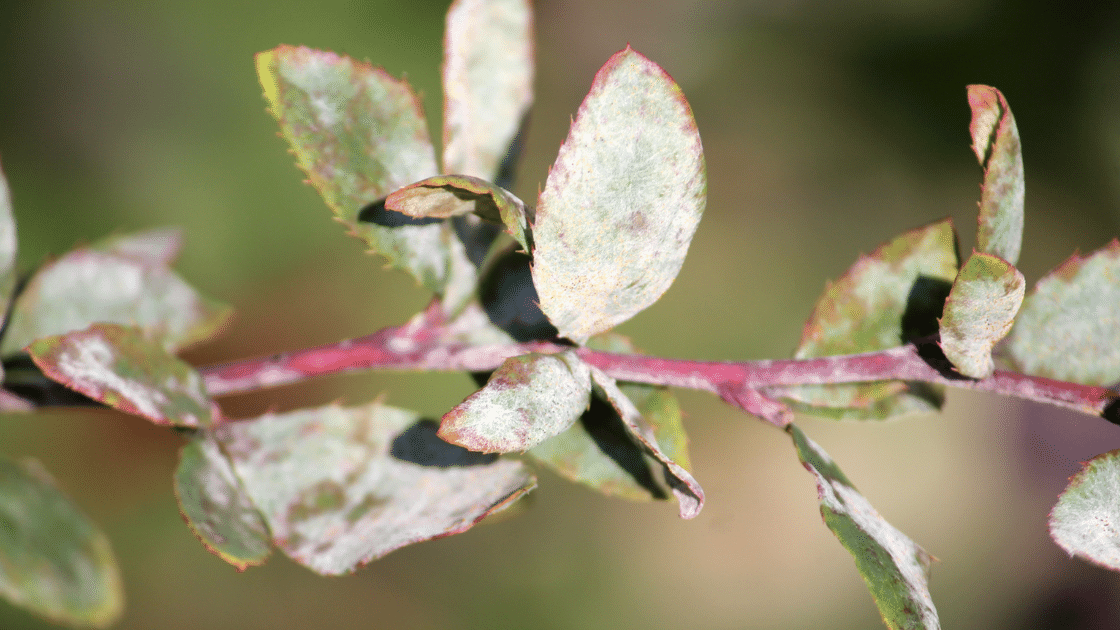Now that we have our Taste Of Love® rose bush, it is time to learn how to care for and protect it. Roses are not only loved by humans, but also by many insects that are sometimes harmful to the health of the plant and to our organism.
For this reason, we are going to tell you about the main diseases that can affect a rose bush and how to combat them.
Fungal diseases:
Taste Of Love® roses are meant to be eaten.
They have been genetically selected (among other things) for their superior resistance to fungal diseases.
Taste Of Love® roses have good resistance to fungi that can attack them. However, in case of severe fungal infestation, we recommend using natural remedies that do not chemically affect the plant and do not harm our health.
Ecological preventive and curative treatments against fungi:
- Powdery mildew (white ash on leaves and tender stems): dilute 1 cup of milk in 3 cups of water. Spray affected or powdery mildew-susceptible roses weekly.
- Other fungal diseases: mix 2 teaspoons of natron with 1 litre of water. Spray roses every 10 days with this mixture. The high pH of this mixture kills fungi and their spores.
- Black spot: sprinkle the leaves with cold black tea.
- Rust: dissolve two aspirin tablets in a glass of water. Spray the affected leaves repeatedly with the liquid.
You can find other ecological treatment options at your local garden centre.
Pest remedies:
As we have already mentioned, Taste Of Love® roses are not only liked by humans.

Occasionally aphids, caterpillars or other insects may appear on tender shoots of stems and on new leaves. Normally, auxiliary insects such as ladybirds or lacewings soon appear, which feed on these pests and naturally control the infestation.
If there is no natural balance, we recommend using natural remedies that do not chemically affect the plant and do not harm our bodies if ingested.
- Manual pest removal
- Biological control of auxiliary insects.
- Mix 50g of potassium soap dissolved in 1 litre of water and spray all affected areas thoroughly.
- Preventive treatments of herbal teas (oregano and mint teas can be effective).
It doesn’t seem difficult, does it? Now you know how to keep your roses healthy and colourful.
We continue to work for you, driven by our love of plants.
A. Mónica Martínez




